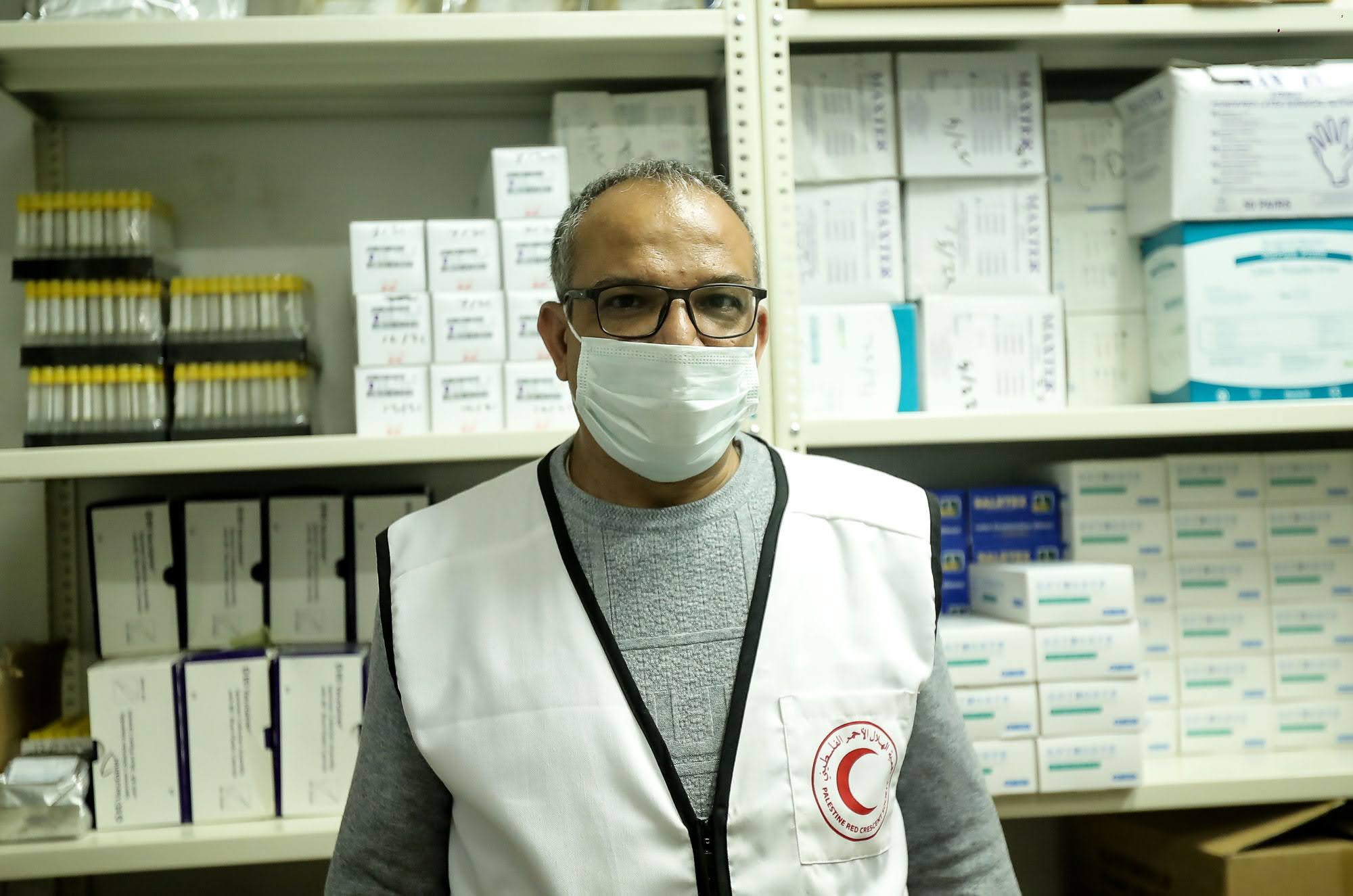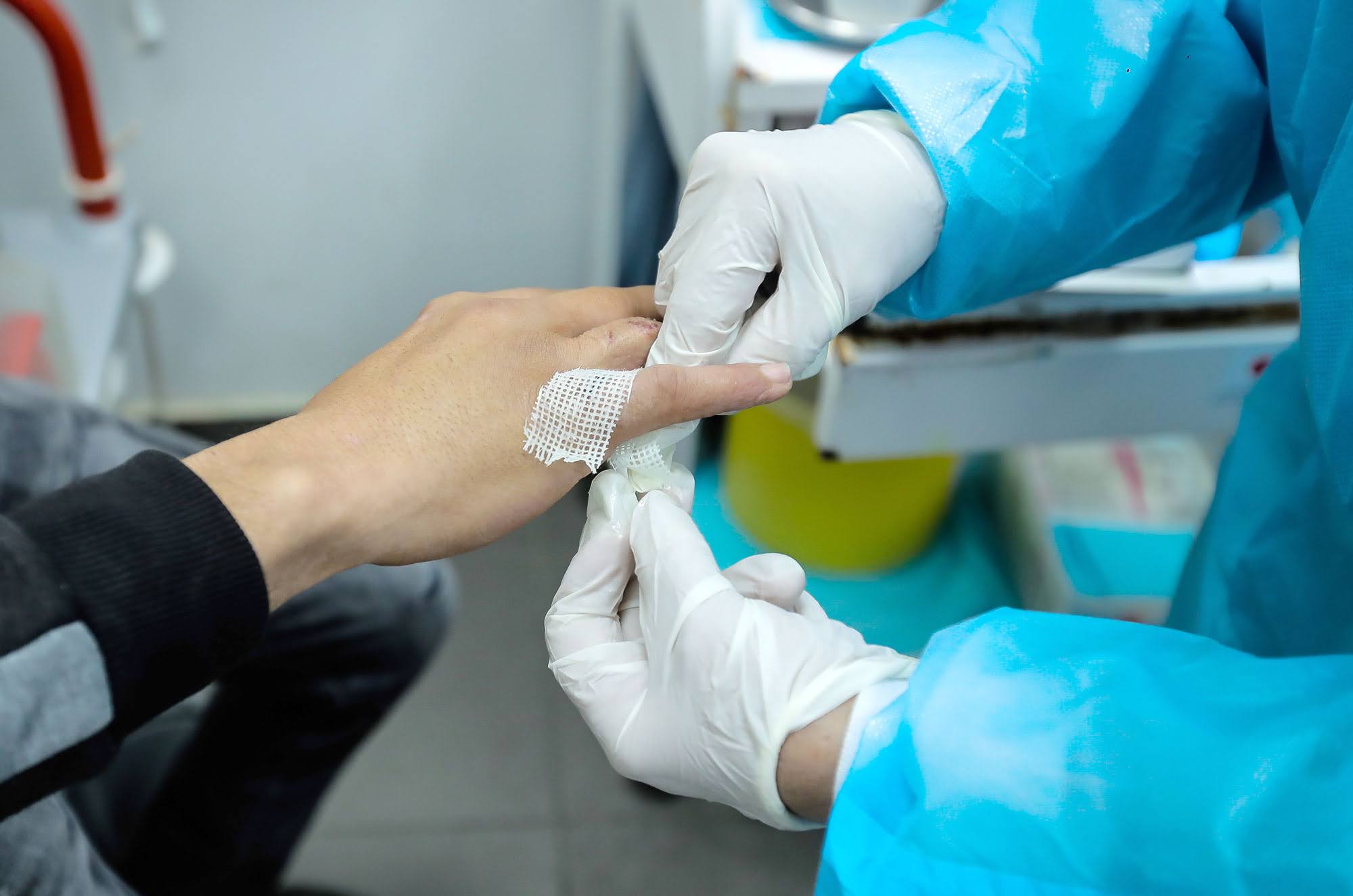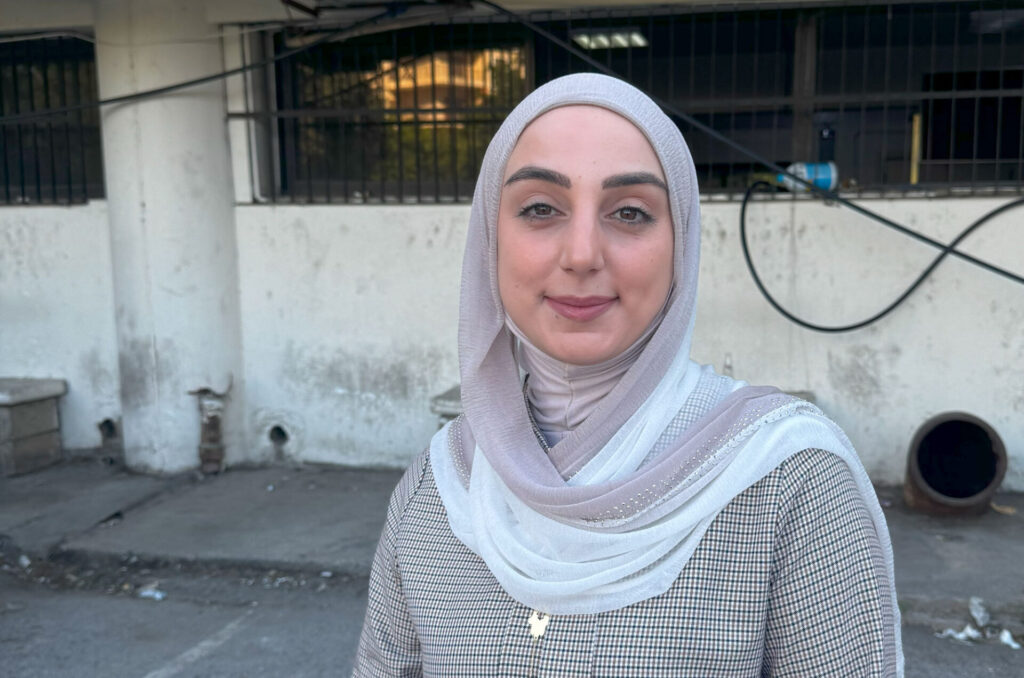May, 2022
Lebanon’s economic crisis has impacted the supply of medicine and health care.
Lebanon was once a regional leader in providing top-quality healthcare. The economic downturn has dramatically changed that reality. The crisis has devastated families and negatively impacted the ability of non-profit hospitals and clinics to pay for and provide much-needed medical care. Over 80% of the country’s medicines are imported. The dependency on hard-to-get foreign currency to purchase them weighs heavily on the health sector.
Haifa Hospital’s chief pharmacist Ibrahim Al Almad explains the challenge:
“The non-profit health centers have suffered greater losses because we just don’t have the finances to cover our medical costs. As a humanitarian operation, we charge our patients only a nominal fee for our services. The shortage of medicines and rising costs make it nearly impossible for us to meet their needs.”
Previously, medicines like insulin were subsidized. But the government removed the subsidies as the economy worsened. That led to soaring prices and shortages. The majority of health centers now are unable to purchase even the most basic medicines. Amnesty International even declared the lifting of subsidies as “a violation of the right to health and life.”
Anera is working with its Lebanese partners to meet the challenge and coordinate the distribution of donated antibiotics from International Health Partners UK, an international non-profit that supports global public health. A recent shipment included injectable antibiotics such as cefotaxime, to treat severe infections, and furosemide, which is used to reduce extra fluid in the body caused by conditions such as heart failure, liver disease, and kidney disease. Anera distributed the medications to Haifa Hospital, which is run by Palestine Red Crescent Society in Burj El Barajneh Palestinian Refugee Camp in Beirut.
The hospital opened in the 1970s to treat people with mental illnesses, but pharmacist Al Ahmad says the need for more health services led the hospital to expand and diversify in 1985. “Today our 40-bed hospital offers a wide variety of medical services at low cost for the community both inside and outside the refugee camp.”
Al Ahmad says non-profit health centers in Lebanon now must rely on humanitarian aid and partners like Anera to continue providing proper care for those in need. “Having a partner like Anera means that we can get the medicines we need to fulfill our mission.”




